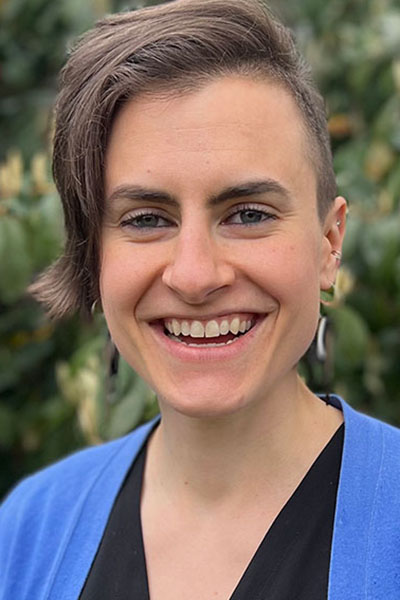Glucagon-like peptide-1 (GLP-1)-based therapies—GLP-1 receptor agonists and dual-acting GLP-1 and glucose-dependent insulinotropic polypeptide (GIP) receptor agonists—are newer classes of drugs efficacious in glycemic control and weight loss in patients with type 2 diabetes. In parallel with the increased use and public awareness of these agents, a variety of practical challenges have arisen, impinging on their real-world uptake and patient outcomes.

Maureen Chomko, RDN, CDCES, Neighborcare Health, and Colleen Dawkins, FNP-C, RDN, CSOWM, Big Sky Medical Wellness, will give complementary presentations focused on how dietitians can support the clinical care team and enable improved outcomes for patients receiving GLP-1-based therapies in the symposium Optimizing Outcomes of GLP-1+/GIP Receptor Agonists—How to Help Patients Succeed on Saturday, June 22, from 3:15 p.m. – 4:15 p.m. ET in Room W315 of the Orange County Convention Center. The symposium also will be livestreamed on the virtual meeting platform for registered meeting participants and will be available on-demand following the 84th Scientific Sessions.
Chomko will highlight how trained dietitians and diabetes educators can facilitate patient access to these GLP-1/GIP receptor agonists and help them achieve their therapeutic goals.
“We know these medications work very well, but one of the issues is those who would benefit the most from these medications are not all being prescribed, or not able to fill or sustain these medications. That’s for many different reasons, but one of them is that there are some rate-limiting steps to get patients on these medications,” she explained. “Essentially, someone must prescribe them.”
She added that both avenues through which patients are prescribed these medications—via a primary care provider or endocrinologist—are associated with significant shortages of professionals.
A diabetes dietitian can help fill this gap. Operating under a standing order from a prescribing physician, a dietitian embedded within the clinical care team can screen patients for their eligibility for these drugs, educate patients on how to take these medications and manage anticipated side effects, and customize titration of these medications. In addition, diabetes educators can help patients navigate coverage and cost implications.
“We know these medications are amazing, but the discontinuation rates are incredibly high,” Chomko said, adding that discontinuation rates are higher in real-world practice than those seen in clinical studies.

Dawkins’ will focus on a dietitian-supported, whole-patient approach—including aspects of nutrition, physical activity, sleep, stress management, and other medications—for optimizing patient outcomes with this class of therapies. Dawkins said these different aspects are akin to overlapping puzzle pieces, and that it is important to think about how to problem-solve across these components to develop a full picture of how best to support the patient.
“We spend a lot of time talking about nutrition, but not in a way that is therapeutic for people,” Dawkins said. “We want to make sure that people are moving beyond calories in their thought process for what the care team is doing—managing our patients’ health and not a number on the scale or calorie tracker. We want to look at this form of a real-world lens and pinpoint what the issues are and then problem-solve with the patient using shared decision-making.”
Dawkins will also review specific aspects of care, such as necessary or recommended supplements and the impact of other medications on GLP-1/GIP receptor agonist-mediated weight loss.
“We must make sure that we are individualizing care and we are giving our patients the right tools to be successful,” she said. “Challenges associated with GLP-1 medications can become manageable with the right tools, and without a doubt, a dietitian is one of the right tools.”
Both presenters noted that this symposium would be of interest to a broad audience, not only dietitians, but also nurses, physicians, pharmacists, exercise physiologists, and mental health providers—any care team members interested in developing a diabetes-care program that includes skilled dietitians and diabetes educators.

Watch the Scientific Sessions On-Demand after the Meeting
Extend your learning on the latest advances in diabetes research, prevention, and care after the 85th Scientific Sessions conclude. From June 25–August 25, registered participants will have on-demand access to presentations recorded in Chicago via the meeting website.

